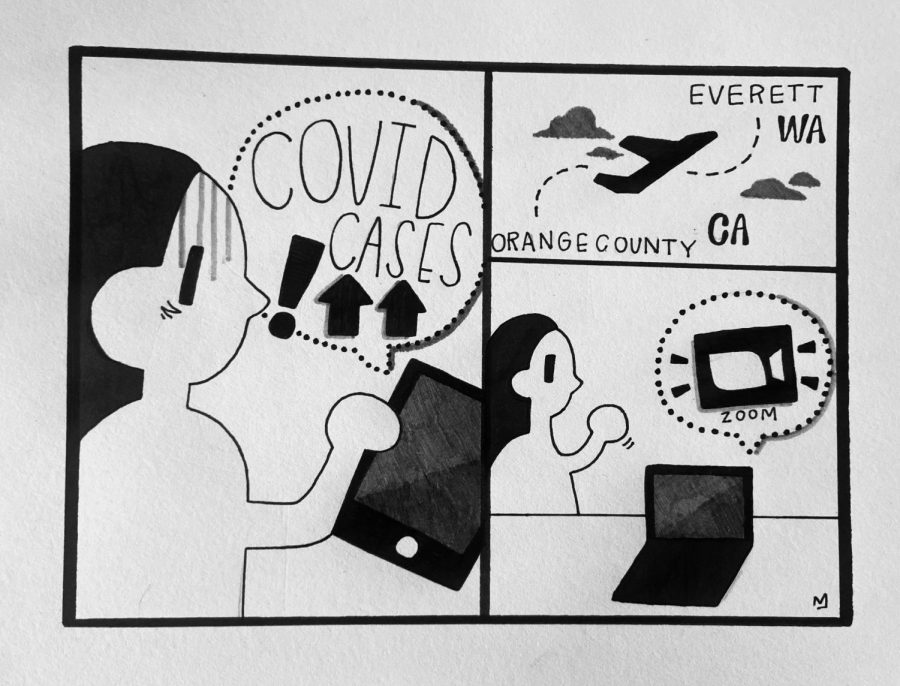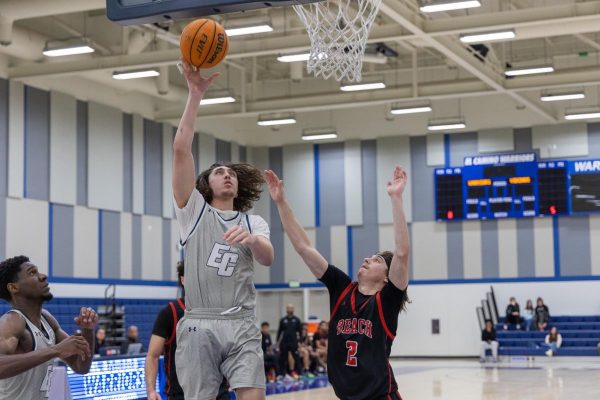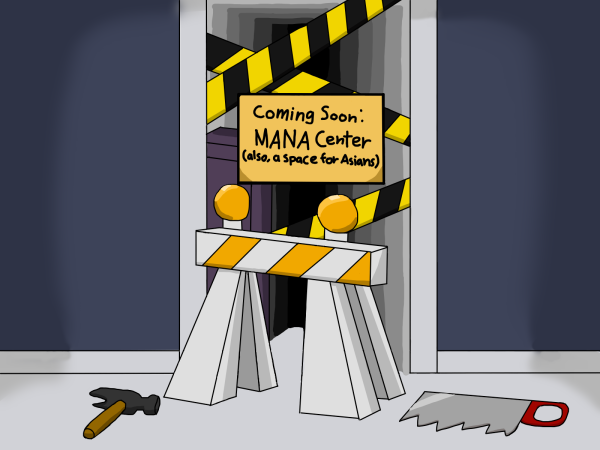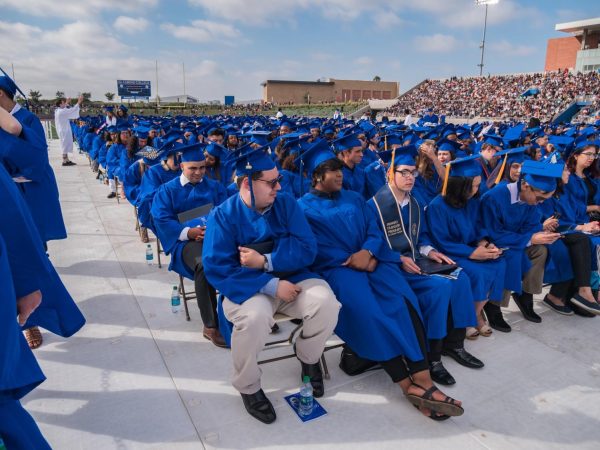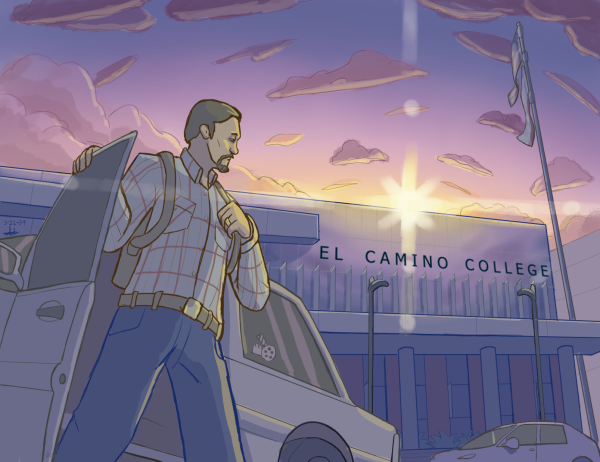Rethinking community college education during the pandemic
When the pandemic hit in March, I had 48 hours to pack up my dorm room in Orange County and find a flight home to Everett, Washington.
Shockingly, the first person in the United States diagnosed with COVID-19 was in the Intensive Care Unit at Providence Hospital two blocks from my home. Case counts were exploding, and California seemed much safer.
My last days on campus were not the simple transition home I expected. I had to find a storage unit, rent a Zipcar, buy storage boxes and tape, figure out who I was sharing the unit with, and check out of my dorm.
I was packing up my college life on Wednesday while studying for an upcoming midterm on Friday.
In two minute phone calls with my mom, I learned that life at home was shutting down. Unbelievably, major Seattle employers like Amazon and Microsoft began working remotely under a stay-at-home order.
Like everyone, I spent spring semester at home taking classes online and hoping to return to campus in the fall. By August, the case counts in Orange County were spiking and my four-year university went virtual at full tuition.
Many students moved back anyway to live in houses around the college.
I had to decide whether to go back to college during a global pandemic. Students across the country encountered the same question. Many had to weigh the best decision while juggling their education and their health and safety.
According to the American Council on Education, a nonprofit higher education association, 66% of students surveyed in April said that they were unsure if they would enroll and return to their current institution.
However, a gap semester was not an option for me. My goal is to graduate in four years and I am enjoying the college experience; all the while other students have felt differently.
A survey from Maguire Associates, a research-based consulting firm, discovered that 12% of college students said they would possibly delay their enrollment to the spring or fall of 2021.
Another survey of 800 students by Primacy, a digital agency, found that 29% strongly or somewhat agree with the statement, “I have considered deferring attending college until COVID-19 passes.”
I decided to leave my four-year university to attend multiple community colleges virtually. The more I explored different course offerings, the more it made sense. Either way I would be attending classes online.
At community college, I could do so at a fraction of the cost of my university tuition.
According to a 2020 College Student Financial Survey by WalletHub, a personal finance website, the effects of COVID-19 have been the top of college student’s financial problems. Community colleges are a good alternative for those deferring from their four-year universities to continue their education at a reasonable price.
In August, I spent many late nights on Transferology, a free website to find transfer classes, to find the right mix of community college classes that would transfer to my four-year university and count towards my major.
The next step was applying to multiple community colleges. This was not a quick and easy process in the middle of a pandemic. Campuses are closed, people are working from home, and thousands of students are switching to community college.
The systems were overloaded and it took weeks to hear responses on my applications. The entire time I was wondering if my community college plan would work.
One afternoon, I spent 40 minutes on hold, only to find out I needed to email a different department.
As the days passed, classes began filling up and closing. Finally, I enrolled in just the right mix of classes. Currently, I am attending four different online community colleges that began their classes on different dates.
When I graduated high school and began looking at colleges, I automatically searched for a four-year university. I wanted to have a residential college experience with the opportunity to get involved in campus life.
The only community college I had experience with was the one near my home, which is a commuter school, so I did not consider it.
When residential life was no longer an option, I saw community colleges in a new way.
In looking at academic options, I realized what community colleges have to offer; I could get classes that would transfer for my degree and a quality online academic experience.
My first Zoom class at El Camino College was intimidating. I was attending a class with students I’d never met at a campus I’d never visited. I didn’t know what to expect from an online experience at a new college.
I had always heard that a strength of community college was the willingness of professors to meet students where they are and help them succeed.
So far, that has certainly been my experience at El Camino College. Class sizes are small and the professors have been engaging and supportive. It has also been a relief to know that other students are facing similar situations.
This experience has shown me how community colleges are playing a pivotal role in helping students navigate their education during this uncertain time, no matter where they are on their college journey.


